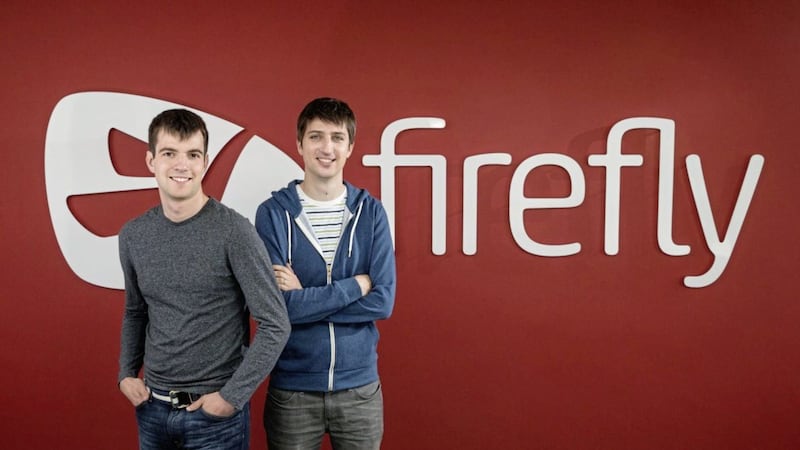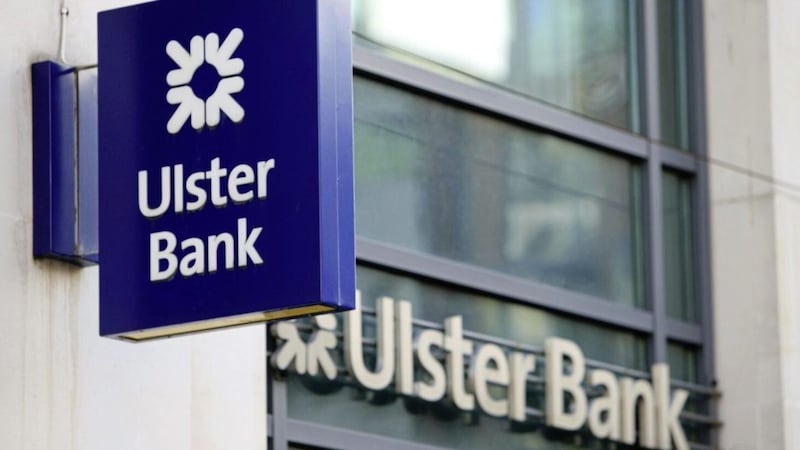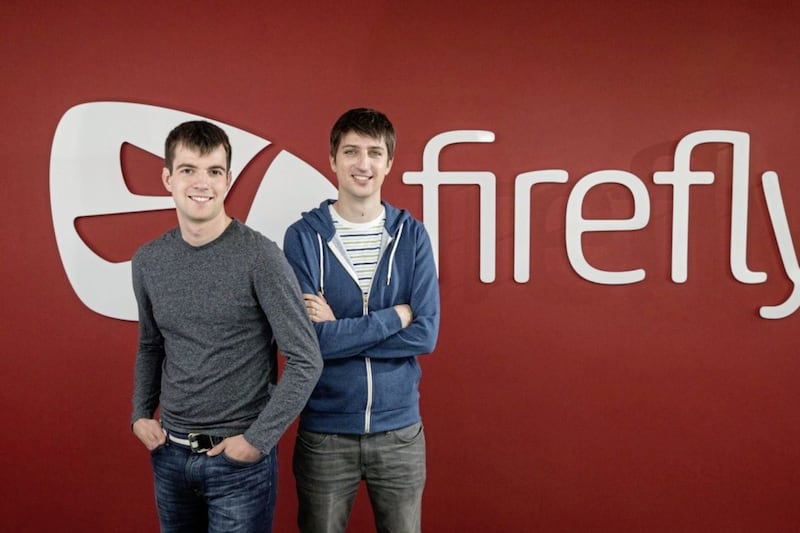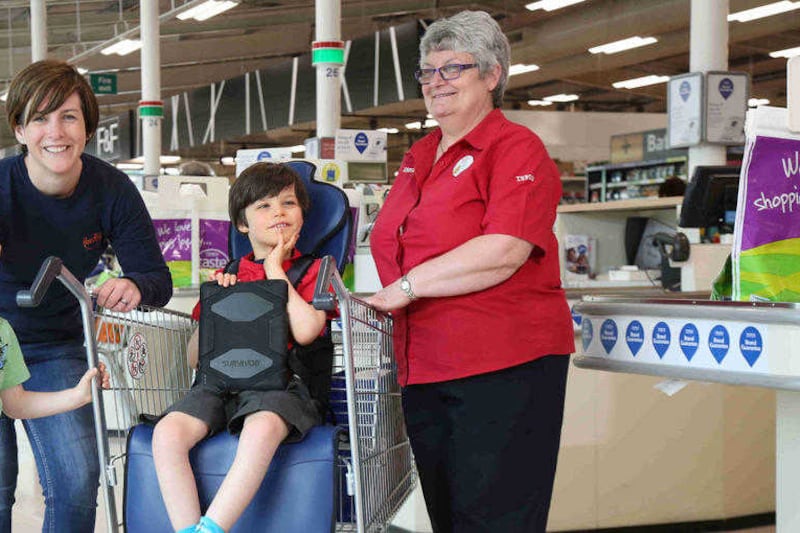A LONDON-based company behind a digital education platform has announced the creation of 52 jobs in Belfast.
Firefly Learning has already recruited nine people as part of an expansion into the city, with plans to increase that to 52 over the next few years.
Invest NI has backed the move to the tune of £520,000.
Co-founder Simon Hay said the learning platform had increased 13-fold during lockdown, with the company offering its service for free to schools which have closed.
The platform was conceived by Mr Hay as a teenager in 2000, alongside fellow GCSE student Joe Mathewson.
“We wrote this as kids in school to solve our frustrations. It was originally to make our lives easier, but we fairly quickly realized that this wasn’t just our school being backward, it was a general problem that schools around the world faced and no one was really solving in a way we thought it should be.”
The venture remained a sideline as the pair worked in the world of finance, ducking off the trading floor to take calls from schools. They eventually went full-time in 2009.

“We are providing software-as-a-service that helps connect students, teachers and parents together,” said the chief executive.
“We want to make it easy for teachers to collect and mark students’ work, track progress and share resources.”
Firefly’s clients are by-and-large UK-based schools, but around 25 per cent of its business is derived from across 40 other countries.
Local clients include Campbell College. Around one million students currently use the platform worldwide.
With most schools still operating on a remote basis, demand for Firefly’s platform has never been greater.
“We’re a platform for learning continuity and parent engagement, and clearly those things have suddenly become top of everyone’s priority list,” said Mr Hay.
“We’re seeing around 13 times our normal usage as school all move to keep learning online.
“Our support team are answering four times as many questions as they normally do and we just hired three people in Belfast to help bolster that effort.
“We want to do our part through this crisis, so we’ve said we’ll give our platform away for free, with no strings attached, to any schools which have had to close.”
The operation has grown from the two founders to around 70 staff, with offices in London, Brighton, Singapore, Sydney and now River House on Belfast’s High Street.
Originally conceived as an engineering hub, Belfast was selected from a shortlist of seven other cities.
But the company quickly decided against product development in isolation and instead opted for a broader range of jobs in the north.
Of course no one is in that office at the minute.

Mr Hay said being forced to work from home has helped quickly integrate the new Belfast team into the wider business operation.
“Everyone is in exactly the same boat at the moment. People have managed to get to know each other and collaborate quite effectively, even though it’s obviously very hard for people starting new jobs in the middle of a pandemic, working from home.”
Like many other tech firms, the talent pool from the north’s universities played a big role in swaying Firefly in Belfast’s direction, with lower living costs also a factor.
“We were also looking for somewhere that was an attractive destination in its own right for visits from our colleagues elsewhere,” said Mr Hay.
“The attraction of being part of a smaller fast-growing company, is that you’re a bigger fish in a smaller pond,” he added.
“But also making a dent in education, which feels to me like one of the highest impact areas to be working in at the moment.
“It has clearly never been more important”





